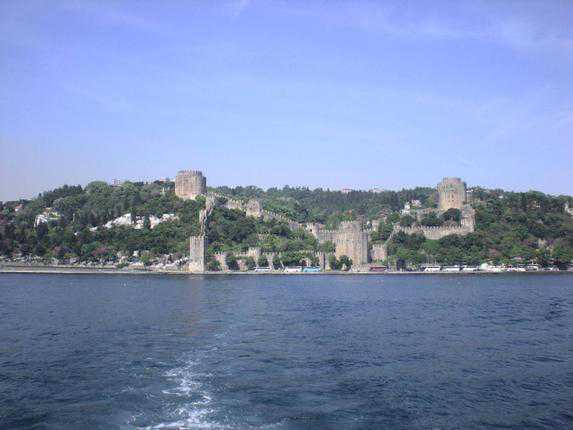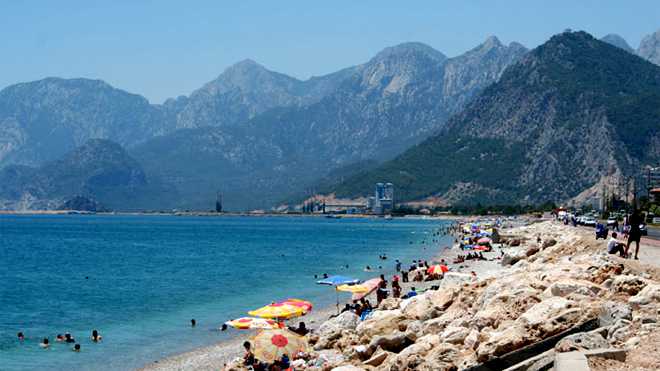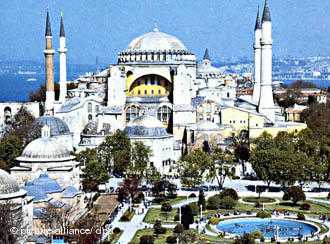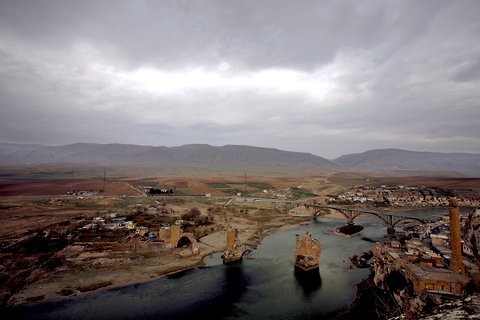ANKARA – Hürriyet Daily News
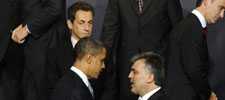 US President Barack Obama pats Turkish President Abdullah Gül on the shoulder as he walks past during a NATO meeting. AA photo
US President Barack Obama pats Turkish President Abdullah Gül on the shoulder as he walks past during a NATO meeting. AA photo
Turkish officials expressed their satisfaction with the new Strategic Concept approved at a NATO summit in Lisbon over the weekend, yet the country is likely to be at the center of continued debate following the meeting.
Turkey plays a major role in two key, and heated, subjects discussed at the Lisbon Summit: creating a shield against ballistic missiles and a formula for better-functioning relations between the alliance and the European Union.
One of the few members of NATO that is not also a part of the EU, Turkey objected to singling out Iran as a threat to be thwarted by the missile shield. The alliance’s decision not to mention Iran was seen in Ankara as a successful result to the Lisbon Summit.
“The alliance does not consider any country to be its adversary. However, no one should doubt NATO’s resolve if the security of any of its members were to be threatened,” the new concept read. Despite granting Turkey’s request not to name Iran as the main source of a potential attack, NATO members’ concerns about the country’s controversial nuclear program were the primary reason for speeding up the missile-shield efforts.
More on NATO summit
Turkish, French presidents row over Iran at NATO summit
NATO leaders tout plan to end Afghan war
Diplomats cautioned that the text of the Strategic Concept was “only highlighting the principles and calling on NATO to quickly ready necessary guidance covering technical details,” but these have not yet been worked out.
The NATO meeting also marked a breakthrough in relations with Russia, with President Dmitry Medvedev attending a summit with the alliance for the first time in two years and pronouncing himself happy with his welcome, Agence France-Presse reported.
“A period of very difficult, tense relations has been overcome,” Medvedev said, promising that Moscow would study Europe’s plans to design a joint missile defense system and consider taking part in its development.
According to the joint communiqué issued Saturday after the completion of the summit, the North Atlantic Council will develop “missile defense consultation, command and control arrangements” by the time NATO defense ministers meet in March 2011 and have created an action plan to implement the missile shield by June 2011.
By clearly setting the timetable for political and technical preparations for the missile shield, the communiqué signals further negotiations within the alliance, and between Turkey and main powers of NATO.
According to the initial plan, the missile shield is expected to function by 2012 after a consensus is reached on where the radars and other technical equipment will be deployed, how the system will be commanded and how it is going to be financed.
“Turkey was asking to be part of the command system especially on matters directly concerning Turkey,” Prime Minister Recep Tayyip Erdoğan has said.
Ankara seeks to have NATO’s İzmir headquarters designated as the missile-defense command center instead of Germany’s Ramstein base, as the United States has insisted. Turkey’s good relations with countries such as Iran and Syria – both believed to be developing nuclear weapons – will help reduce the tension between the alliance and these countries, Ankara has argued.
NATO had planned to close the İzmir base as part of a restructuring program of its operational headquarters and command centers, but Turkish officials want it to remain open in order to retain Ankara’s influence within the alliance.
Ongoing discussions at NATO’s Brussels headquarters additionally foresee Turkey as the venue for radar deployment and some Eastern and Central European countries as the venue for delivery systems of the anti-ballistic missiles.
“Nothing is certain yet,” a Turkish diplomat told the Hürriyet Daily News & Economic Review on Sunday, adding that the negotiations will continue. “The technical sphere of the issue is multidimensional. Setting aside political preferences, the technical requirements and defensive necessities will be much more important.”
NATO-EU relationship still vague
The other key issue facing Turkey going into the Lisbon Summit was how to best formulate the cooperation between NATO and the European Union, which comprises 21 of the alliance’s 28 members. Though the new Security Concept agreed to in Lisbon touched on this issue as an important matter, it did not provide much in the way of overcoming the ongoing stalemate. Noting that countries such as Turkey and Norway, both non-EU members of the alliance, had made significant contributions to address common security challenges, the concept advised: “For the strategic partnership between NATO and the EU, [these countries’] fullest involvement in these efforts is essential.”
Though Turkey seems to be satisfied with the use of the term “fullest involvement,” diplomats underscored that the current situation did not offer much to change the playing field. NATO Secretary-General Anders Fogh Rasmussen is known to be working on the matter and is tasked with submitting a plan in April 2011.
via Turkey unshielded from NATO debate – Hurriyet Daily News and Economic Review.

